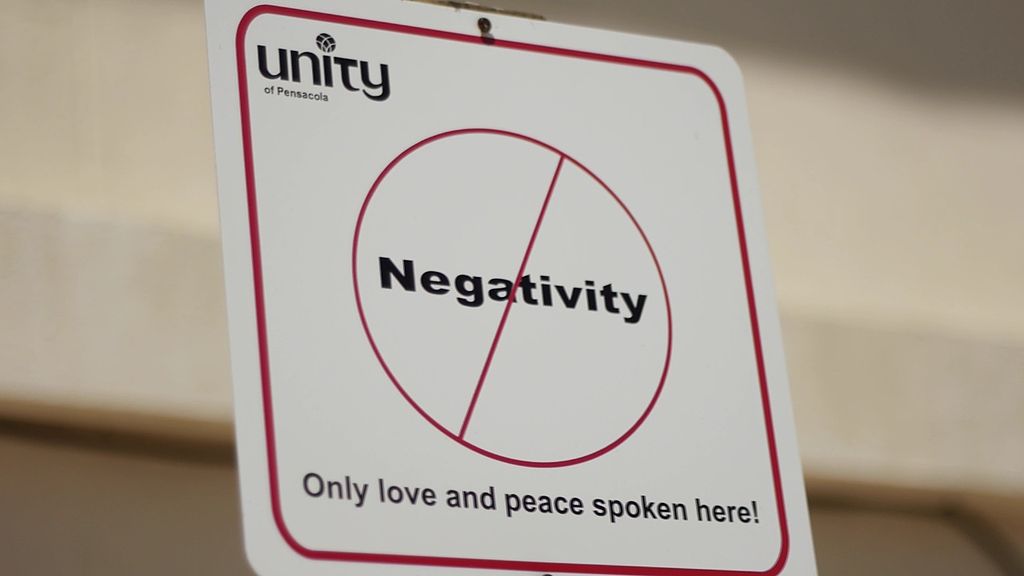Daniel O’Brien | Opinions Editor
Newspapers (or more accurately news outlets in general) have a tendency to be overwhelmingly negative places. Mostly they help inform you as to why you should be angry about things you’re already angry about. Sometimes a good piece will get you angry about something you weren’t previously aware deserved your anger, but just as often it will make you angry at someone else for being angry in a way you think is dumb. Popular culture is similarly guilty: the most critically acclaimed novels, films, and music often celebrate angst and misery. In a world with so many bad things, it’s easy to wonder if the media unduly focuses on the negatives or if the world is in fact just an awful place.
It becomes seriously problematic when society decides to settle for positive content simply because it feels more comfortable.
I generally prefer the first argument, though probably not for the reasons most commonly presented. It is certainly true that negativity attracts readers. There’s even an academic term for it (there always is). Negativity bias has been studied so thoroughly that we’ve even found it in infants, who show greater neural activity when shown a picture of a toy with which they’ve had a negative experience than that of a positive one. For adults, negative information seems to require more cognitive processing than positive information does, affecting the relative prominence with which the two are remembered in favour of the former. People have also been shown to give greater evaluative weight to negative information, for example when considering politicians in an election. Those who are baffled as to how George W. Bush won a second term in office forget that John Kerry caused the term “swiftboating” to enter public discourse.
But negativity is not the only way to get attention. The term “click-bait” generally refers to positive content, not in the sense that it is necessarily good or valuable, but in the sense that it aims to make readers happier than they were before reading (see “13 Potatoes That Look Like Channing Tatum,” an actual Buzzfeed headline). That definitely sounds like a good thing, and I certainly won’t argue that no one deserves to ever read anything that makes them happy. But it becomes seriously problematic when society decides to settle for positive content simply because it feels more comfortable.
Positivity can be good and healthy in moderation, but it can also be dangerous at the point that it promotes apathy and distorts reality. Nostalgia, an example of the latter problem, is a particularly popular basis for click-bait and similar content. But when taken to an irrational extreme, it can lead to the false conclusion that everything was better in the past, rather than that there were indeed good things back then. Anyone who tells you that things were ever generally “better” at any point in history than they are now is either posturing or taking a far too narrow scope in their argument.
Positivity can be good and healthy in moderation, but it can also be dangerous at the point that it promotes apathy and distorts reality.
The music industry, for example, was not better 40 years ago simply because you don’t like today’s chart-toppers. Instead, if we’re willing to look for it, we now have access to infinitely more (and in many cases better) music than our parents could ever have dreamed of. We can store thousands of songs without devoting an entire room in our house to storing albums, and we can take those songs anywhere in the world with relative ease.
Nostalgia and positivity are too often deceptively negative. When the majority of your daily Internet consumption consists solely of cat photos, listicles, and reminding yourself that 90s kids had it better, it becomes too easy to take progress for granted. The desire to mentally tune out is understandable, given that a seemingly endless cycle of bad news can easily lead to cynicism and exasperation.
But that’s the major caveat of negativity. Criticism is only helpful if it is well informed and constructive. Mainstream coverage of Ferguson, Missouri, has often opted for images of fires, looting, and violence at the expense of accurately representing the entire context of the events unfolding there. These types of useless negativity are equally counterproductive because they encourage feelings of hopelessness and apathy. We don’t want to just hear that things are awful; we want to know how they can improve.
The desire to mentally tune out is understandable, given that a seemingly endless cycle of bad news can easily lead to cynicism and exasperation.
So negativity can be positive, because healthy criticism advances society. Progress is never the result of everyone agreeing that everything is good. That doesn’t require ignoring that many things are good, but rather accepting that there are always ways in which they can be better. That’s why it is so important to actually listen to the critical voices in society, discerning what makes sense from what is simply unhelpful complaining. Becoming comfortable with negativity is the only way to make the world a better place.







